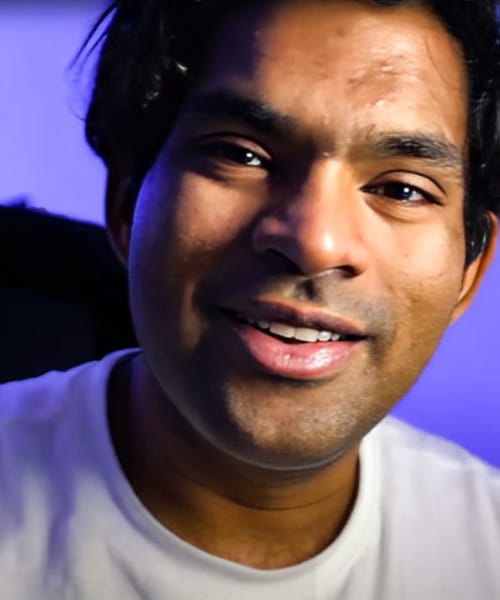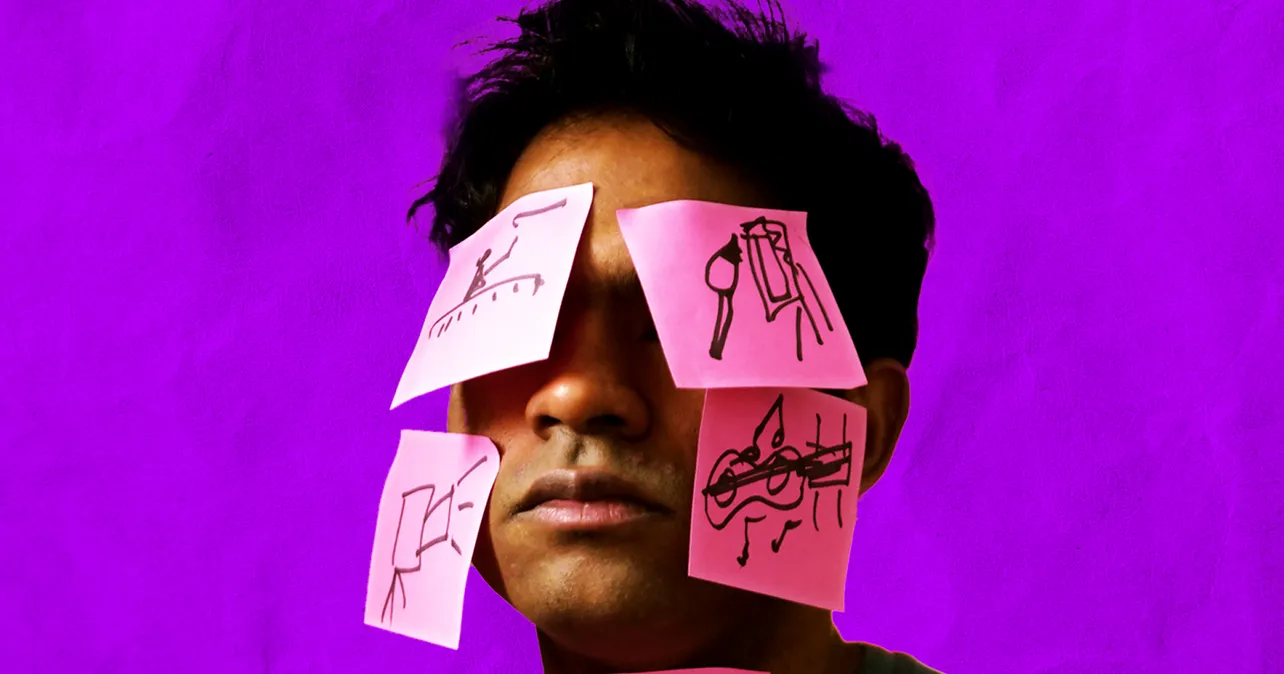I’ve had the pleasure of performing magic in a few different countries, and I always try to visit local magic shops and get to know some of the magicians in every scene. No matter where I go, at least one magician brings up the idea of using magic to talk about something deeper than—for example—how a card can jump to the top of the deck.
Of course, I’m fully aware that many magicians have created great versions of the Ambitious Card, and many other tricks, that now have “deep” scripts (take a look at Shawn Farquhar’s Dash for the Broken and Restored Thread). But I meet magicians who are trying to do something different. They are starting with ideas that have shaped their own lives, and they want to express them through magic.
Let’s meditate on this for a moment. As magicians, we’re taught that we should take a trick and then add our own script. I think that approach often leads to magic that doesn’t feel genuine. How could it? The words are yours, but the movements and props belong to someone else. It’s like adding your own lyrics to someone else’s melody. The observable elements were created to fulfill someone else’s truth, to serve a different purpose.
I think it’s extraordinary that a younger generation of magicians, my generation of magicians, seeks to include that level of truth in their performances.
It’s an incredibly beautiful goal: Magicians want to explore the truth, through illusion.

